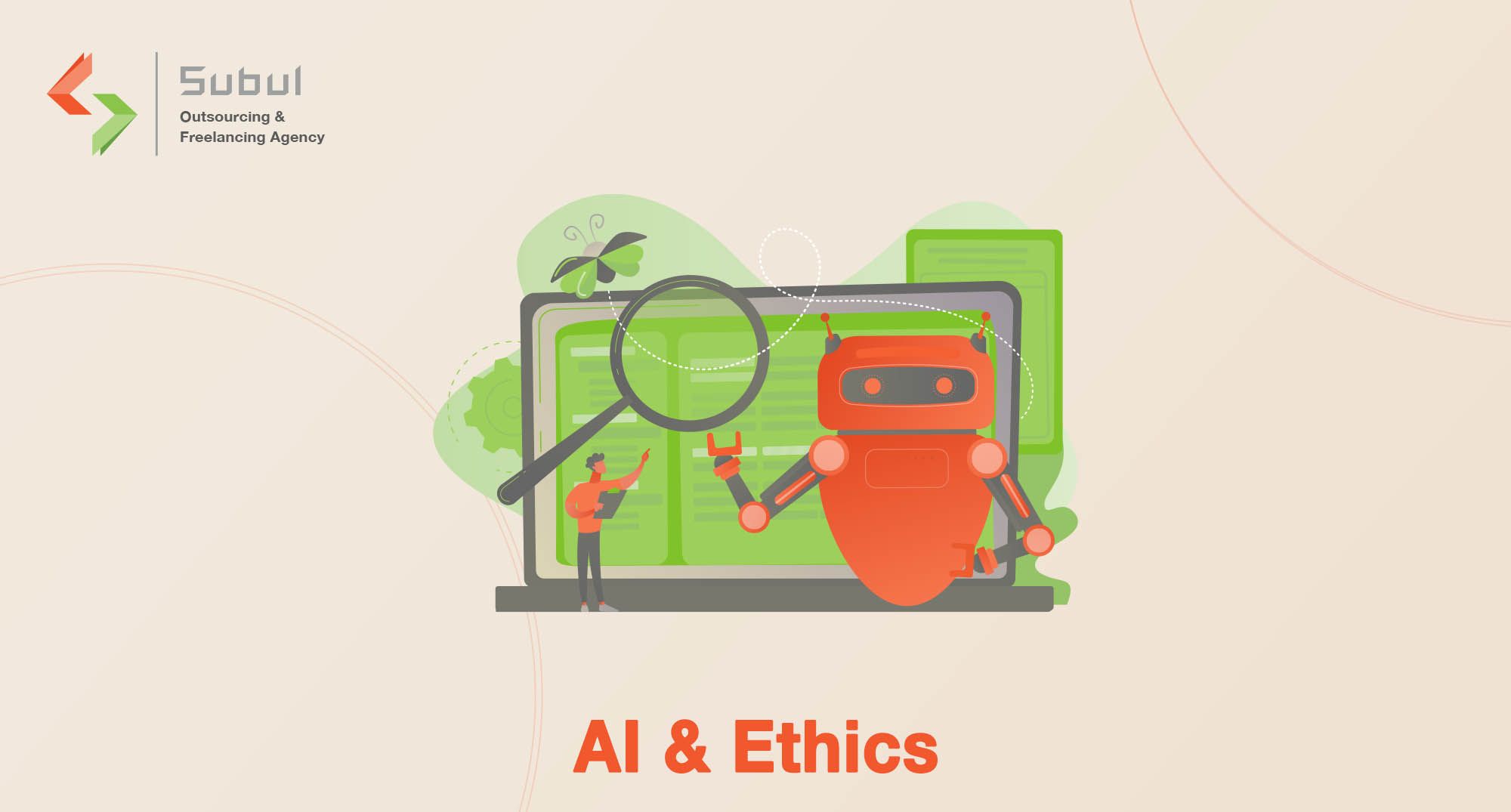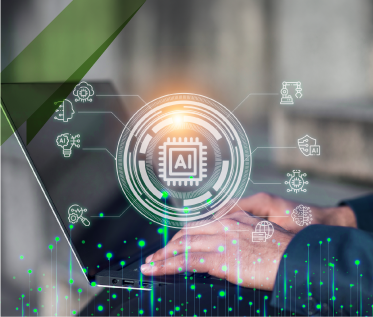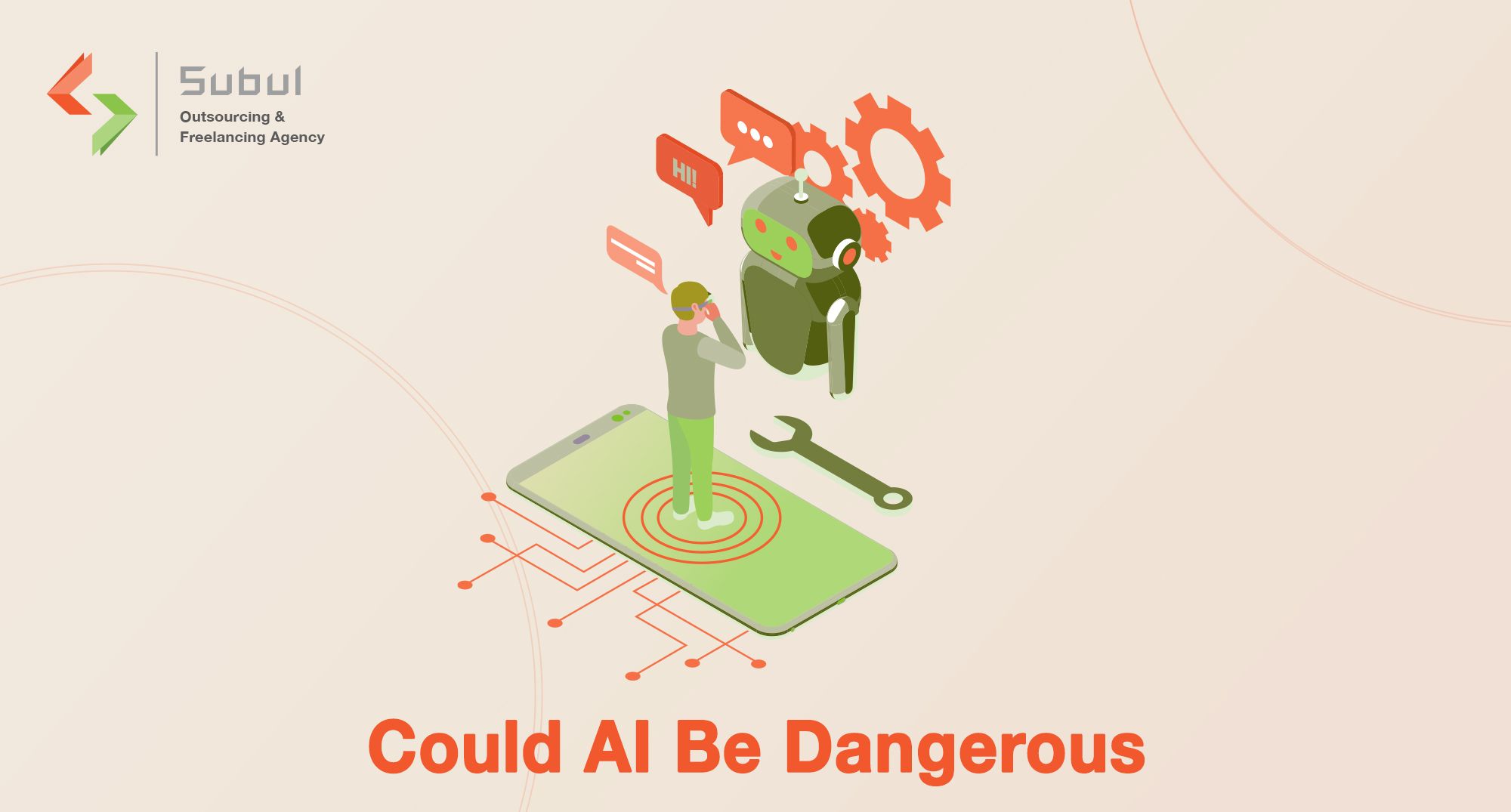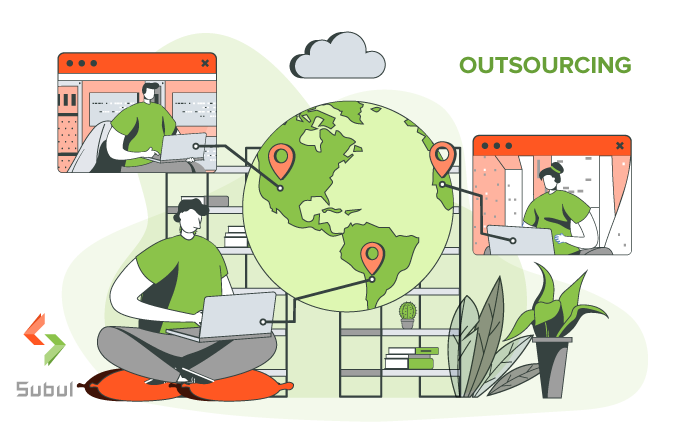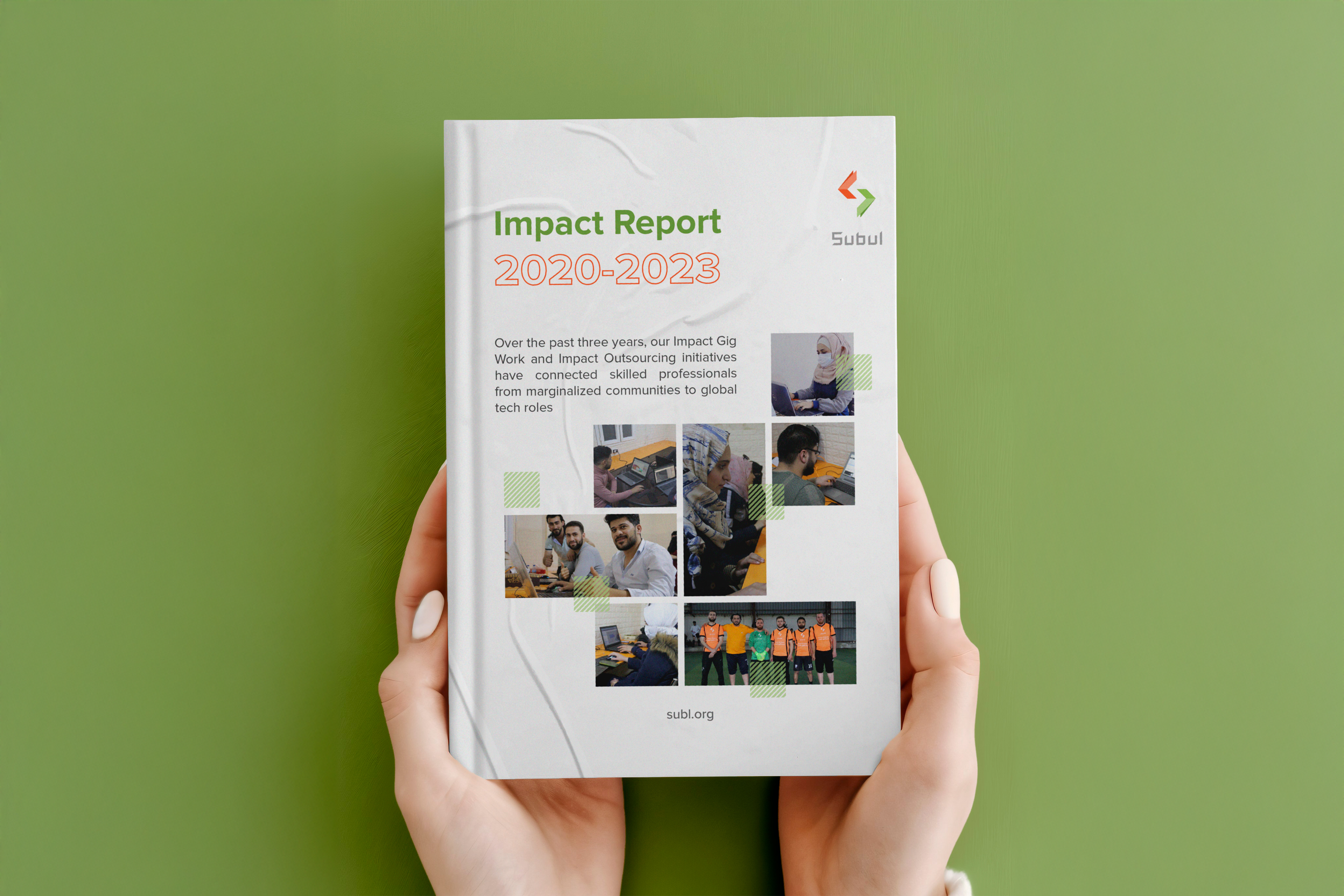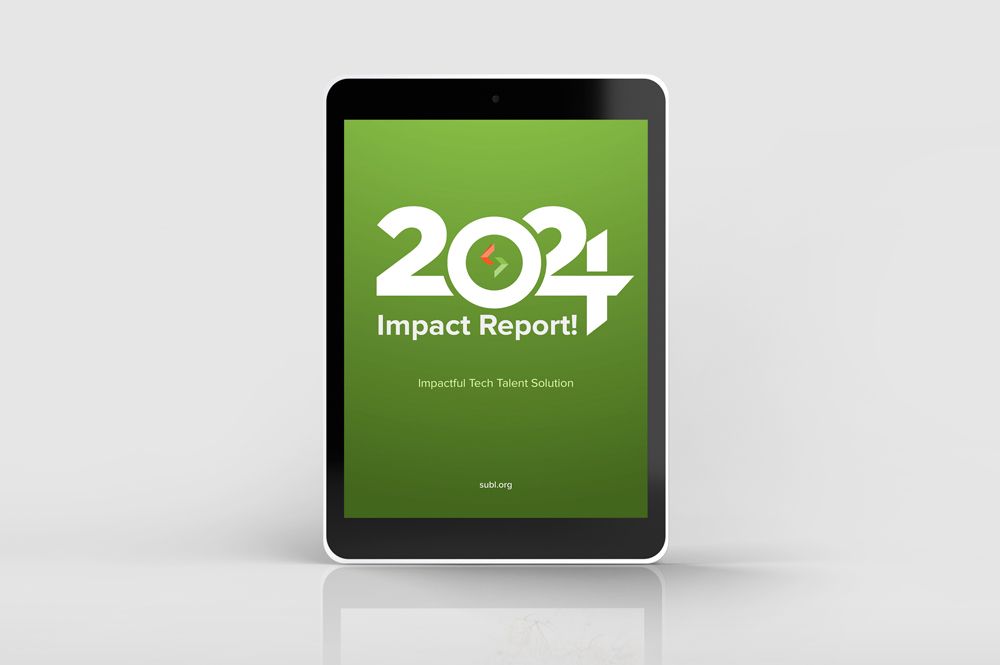In the last decades, artificial intelligence (AI) and machine learning have undergone rapid developments, making them increasingly essential across various industries. Digital marketing, healthcare, banking, retail, manufacturing, administration, online and in-store shopping, and the automotive industry are just a few fields where AI is showcasing its potential.
However, as more consumers become aware of the power of these technologies and their impact on our daily lives, questions and concerns regarding ethical issues are on the rise.
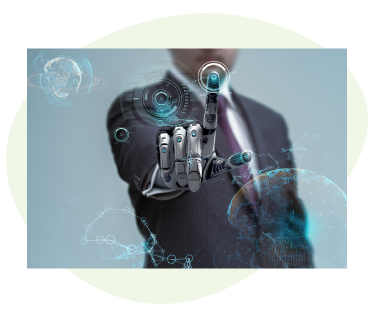
Effects of AI and the Need for Ethical Considerations
The effects of AI are undeniably appealing. This complex technology system brings benefits to almost every field, improving efficiency, reducing costs, and accelerating research and development. As a result, more industries are embracing AI to thrive in the fourth industrial revolution.
According to the International Data Corporation (IDC), global spending on AI is projected to exceed $110 billion by 2024, as part of the global effort to remain competitive in the digital economy. However, the question that arises is: at what cost? Will AI cause more societal harm than economic good?
Five Main Ethical Dilemmas of AI Technologies

Creativity, Copyright, and AI
AI challenges traditional concepts of intellectual property, as AI systems lack personality and cannot be considered authors.
This raises the question of whether legal personality should be granted to AI technologies. Establishing the correct legal framework to protect AI-generated inventions remains an open question.
AI Systems and Biased Results
AI-powered technologies are susceptible to biases based on the data fed into them. Developers' preconceptions and biases can be inadvertently transferred into AI systems, leading to discriminatory outcomes.
Transparency issues in machine learning models make it challenging to address and rectify bias and discrimination.
Surveillance, Privacy, and Human Rights
AI has the potential to impact fundamental rights such as privacy, freedom of expression, and personal security.
Intelligent Personal Assistants (IPAs) and Big Data collection raise concerns about data privacy and surveillance. Balancing the benefits of AI with individual rights and liberties is crucial.
Unemployment and New (Un)balances:
The potential displacement of workers by AI and related technologies is a significant concern. While some economists argue that AI will lead to massive unemployment, others suggest that it will create new job opportunities.
However, certain sectors and specific groups may be disproportionately affected, potentially exacerbating existing inequalities.
Robot Ethics
The ethical implications of robots interacting with humans require careful consideration.
Accountability, liability, and legislation need to be addressed, particularly in areas such as elder care, medical robotics, military robotics, and entertainment robots. Ensuring the security and long-term psychological effects of human-robot relationships is essential.
Emerging Ethical Considerations in AI

In addition to the existing ethical dilemmas, several new considerations have come to the forefront of AI development:
Algorithmic Transparency
The lack of transparency in AI algorithms has raised concerns about the potential for discriminatory or biased outcomes.
There is a growing demand for transparency in AI systems to ensure accountability and fairness.
Data Privacy and Security
With the vast amounts of data being collected and analyzed by AI systems, ensuring robust data privacy and security measures is crucial. Safeguarding personal information and preventing data breaches are ethical imperatives.
Human Control and Autonomy
As AI systems become more advanced, questions arise regarding the level of control humans should have over them. Striking the right balance between AI autonomy and human oversight is crucial for ethical decision-making.
Ethical Frameworks and Governance
The development of comprehensive ethical frameworks and governance structures is necessary to guide the responsible and ethical use of AI technologies. Collaborative efforts involving industry leaders, policymakers, and ethicists are vital in shaping the future of AI.
The Importance of Addressing Ethical Issues and Future Developments
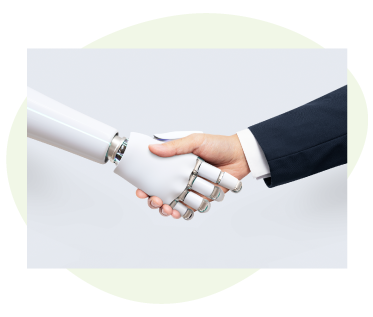
To address the ethical challenges posed by AI, a global effort is underway to set boundaries and establish proper legislation. Tech companies and industry leaders recognize the need for responsible development, while also calling for thoughtful government regulations and the development of norms surrounding acceptable uses of AI.
It is vital to continually reassess and navigate the evolving landscape of AI ethics, as new technological advancements and applications emerge. By striking a balance between innovation, societal impact, and ethical considerations, we can ensure that AI technologies contribute positively to our world.
FAQ
1- What are the main ethical dilemmas associated with AI technologies?
- Main ethical dilemmas associated with AI technologies include creativity and copyright, biased results, surveillance and privacy, unemployment and inequalities, and robot ethics.
2- How does AI contribute to biased outcomes and discrimination?
- AI systems can perpetuate biases when developers unknowingly transfer their preconceptions and biases into the system. Lack of transparency in machine learning models can also make it difficult to identify and address bias, leading to discriminatory practices.
3- What are the privacy concerns associated with AI technologies?
- AI technologies raise privacy concerns due to the collection and analysis of personal data. Intelligent Personal Assistants (IPAs) and Big Data pose challenges to individuals' privacy rights, as personal information is stored, collected, and potentially monitored.
4- Will AI technologies lead to unemployment and imbalances in the job market?
- The impact of AI on the job market is a topic of debate. While some argue that AI may lead to significant unemployment, others believe it will create new job opportunities. However, certain sectors and specific groups may be disproportionately affected, potentially exacerbating existing inequalities.
5- How can ethical frameworks and governance address the challenges posed by AI technologies?
- Ethical frameworks and governance play a crucial role in guiding the responsible and ethical use of AI technologies. Collaborative efforts involving industry leaders, policymakers, and ethicists are necessary to develop comprehensive frameworks and regulations that ensure accountability, transparency, and fairness.
